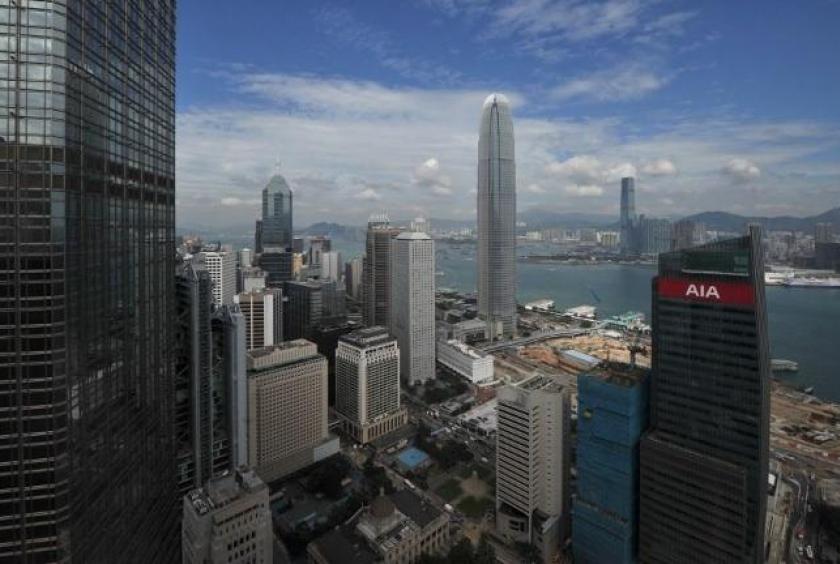
Hong Kong - Having closed out 2018 on a weak note, the Hong Kong stock market got off to a bad start on the first trading day of the new year.
The benchmark Hang Seng Index dived 2.77 percent, or 715.35 points, to finish at 25,130.35 points on Wednesday. The stocks gauge had sagged 13.61 percent in 2018 — its worst performance since 2011.
Almost none of the blue-chip firms survived the slump. China Resources Land — the best-performing blue-chip stock last year with a year-round rally of 31 percent — tumbled 6.15 percent to HK$28.25 ($3.6) on Wednesday. Tech heavyweight Tencent Holdings, which ended last year’s trading with a 47-percent plunge on its share price from all-time highs, slipped 2.54 percent to HK$306.6 apiece.
On the Chinese mainland, the Shanghai Composite Index fell 1.15 percent to 2,465.29 points on Wednesday, while the Shenzhen Composite Index declined 1.25 percent to 7,149.27 points.
Stock prices are feeling the pinch over worrying data that highlight the country’s weakening manufacturing sector.
The Caixin Purchasing Managers’ Index (PMI), which tracks the activities of small- and medium-sized enterprises, dipped to 49.7 in December, as the sector contracted for the first time since May 2017, falling below the critical 50 level.
A drop below 50.0 indicates contraction compared to expansion.
“That showed external demand remained subdued due to the trade frictions between China and the US, while domestic demand weakened more notably,” wrote Zhong Zhengsheng, director of macroeconomic analysis at CEBM Group, a subsidiary of Caixin.
“It’s looking increasingly likely that the Chinese economy may come under greater downward pressure,” Zhong said.
It follows Monday’s release of the official PMI compiled by China’s National Bureau of Statistics on Monday, which recorded a drop of 0.6 to 49.4 last month — its first contraction since July 2016.
Although the stocks sell-off has shown no signs of bottoming out, Wong Pak-ling, head of investment strategy and portfolio advisory at Citibank Hong Kong, believed that the Hang Seng Index could bounce back to the 30,000-point level by year-end as the long-drawn market meltdown has made Hong Kong stocks cheaper than ever.
The benchmark gauge today is traded at 10.9 times forward earnings, well below its historic level of 12.5 times. Chinese company stocks, in particular, trade at a lower-than-ever multiple of 10 times 2019 forecast earnings.
“The performance of Hong Kong stocks, especially those of Chinese companies, rest on potential catalysts, including prospects of the Sino-US trade battle ending, an array of policies to boost domestic demand and the possibility of the US Federal Reserve raising interest rates in a dovish, slower approach,” Wong reckoned.
“However, the long-protracted trade tensions between the world’s two largest economies remain the biggest concern in the coming months.”

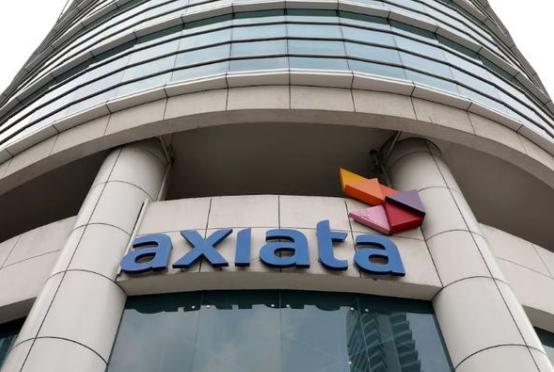
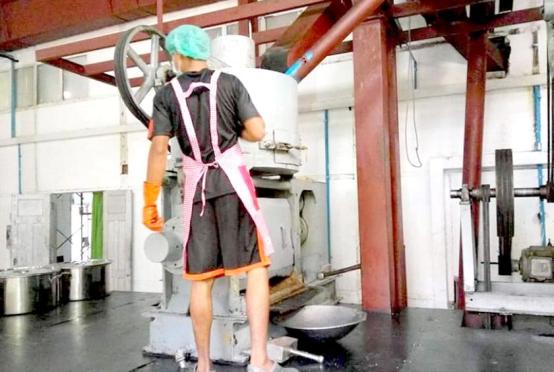


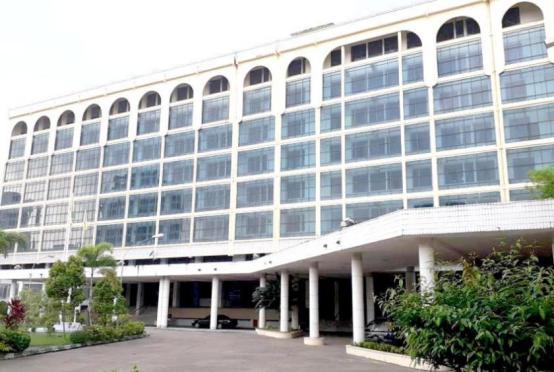
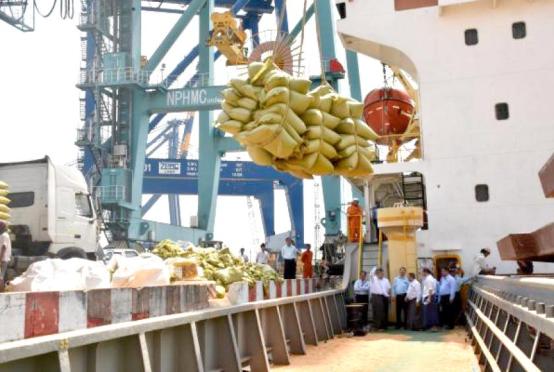

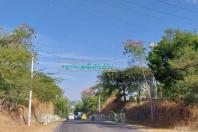


![[Photo credit: Shwe Yoathlwar charity group]](https://elevenmyanmar.com/sites/news-eleven.com/files/styles/most_read_img/public/news-images/plaza.jpg?itok=v6Gn0YGX)



